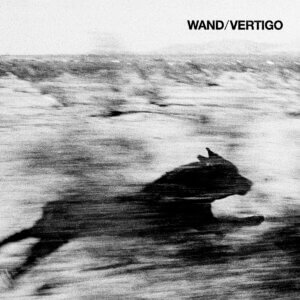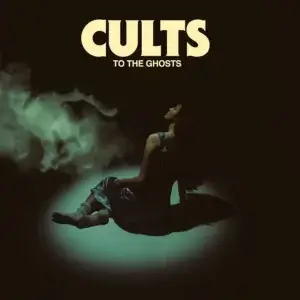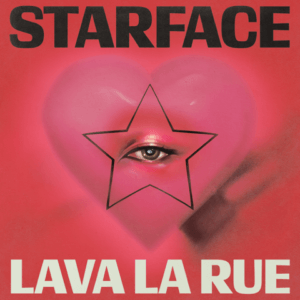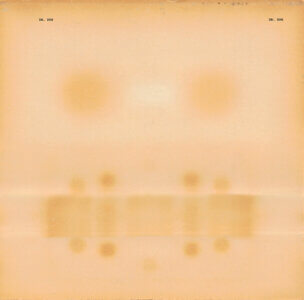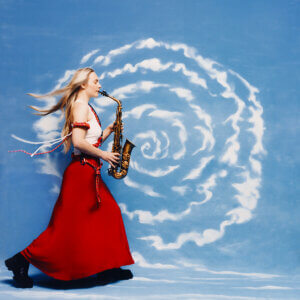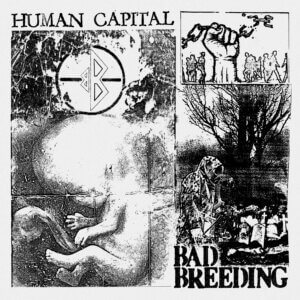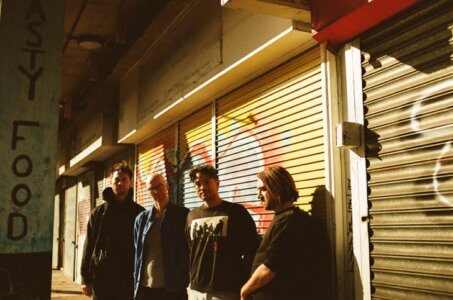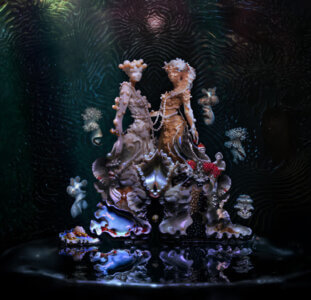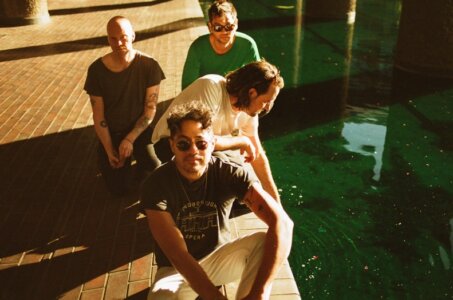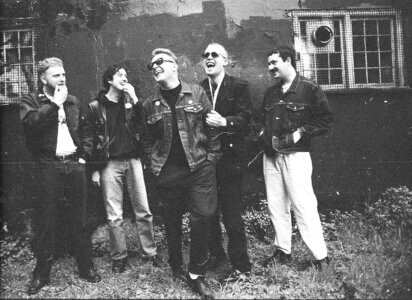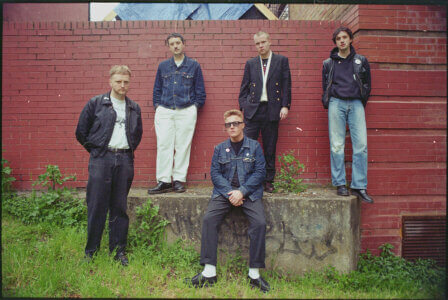
8.1
Fossora
Björk
There are simply only a few words for Fossora, Björk’s 10 th studio album: epic, heavy, and intense. The new record arrives five years after “Utopia,” the Icelandic songwriter, producer, and visionary’s album that featured birds and flutes.
“Fossora,” derived from Latin, meaning for “digger,” delivers a great deal of grit and earthiness to its core. The album centers on 2018 death of her mother and her experiences as both a child to her parents and a parent to her children.
What’s so unique about Björk is that you never know what you’re going to get. It’s always going to be bold, unique, and fascinating, for sure. Let’s sink our teeth into this one. Fossora opens with the track “Atopos,” a bass-clarinet led tune, which focuses on her bread-and-butter: bold, suspenseful melodies. Her music doesn’t fit into any pop, rock, dance, or
electronic genre. She’s her own genre.
On “Ovule,” she declares “Obstacles are just teaching us/So we can just merge even deeper,” in which the track is decorated with beautiful, brassy trombones throughout the song. In these new songs, the tempos fluctuate, from slow to fast, quick to complicated. They focus on mourning, connection, renewal, and assessment of self. More than ever, Björk uses her
voice to create a beautiful ecosystem of music that creates layers of vocals and instrumentation.
For much of the album, she contemplates the 2018 death of her mother, Hildur Rúna Hauksdóttir, as well as her roles as a child and as a mother (Björk’s children, Sindri and Isadora, appear on the album as backing vocals).
On “Sorrowful Soil,” she touches upon motherhood: “in a woman’s lifetime she gets 400 eggs/but only 2 or 3 nests.” She features overlapping choirs for a scientific effect. The string ensemble on “Ancestress” adds a beautiful simplicity to Björk’s Fossora. The track contemplates the death of Björk’s mother: “the machine of her breathed all night/while she
rested/revealed her resilience/and then it didn’t…”
In “Victimhood,” the darkest of the tracks, you hear six bass clarinets playing the lowest of low tones in the background, as they nearly take over Björk’s vocals, while it’s layered over a ticktock beat. She longs for perspective as she sings: “I took one for the team/I sacrificed myself/to safe us/sacrificed myself/felt sorry for myself…”
On “Allow,” delicate flutes greet her as Björk sings “allow, allow, allow, allow you to grow/allow, allow, allow, allow, allow, allow/allow, allow me to grow…”
Fossora really encapsulates Björk’s growth as a musician. It doesn’t aim to be a well-loved record, but her worlds so are so incredibly fascinating.
Order Fossora by Björk HERE
Latest Reviews
Tracks
Related Albums
Related News
Advertisement
Looking for something new to listen to?
Sign up to our all-new newsletter for top-notch reviews, news, videos and playlists.
